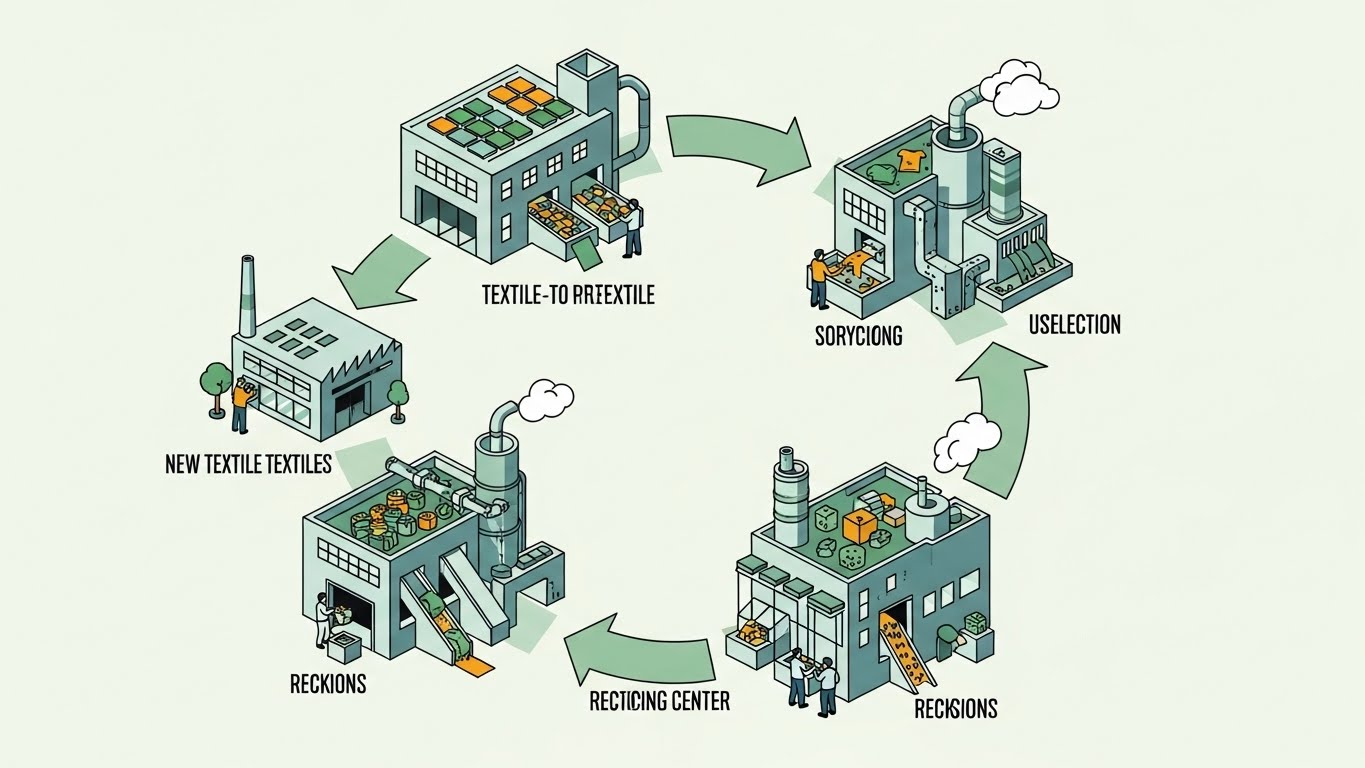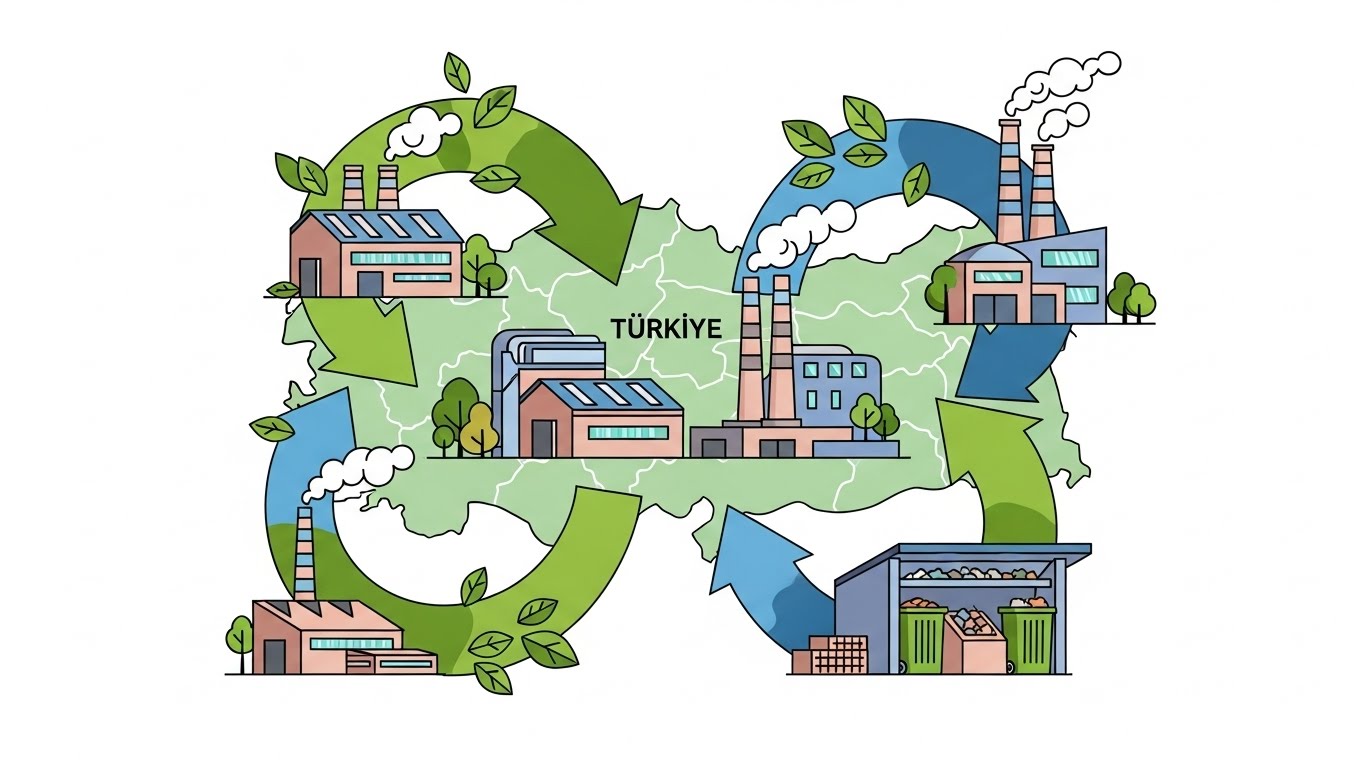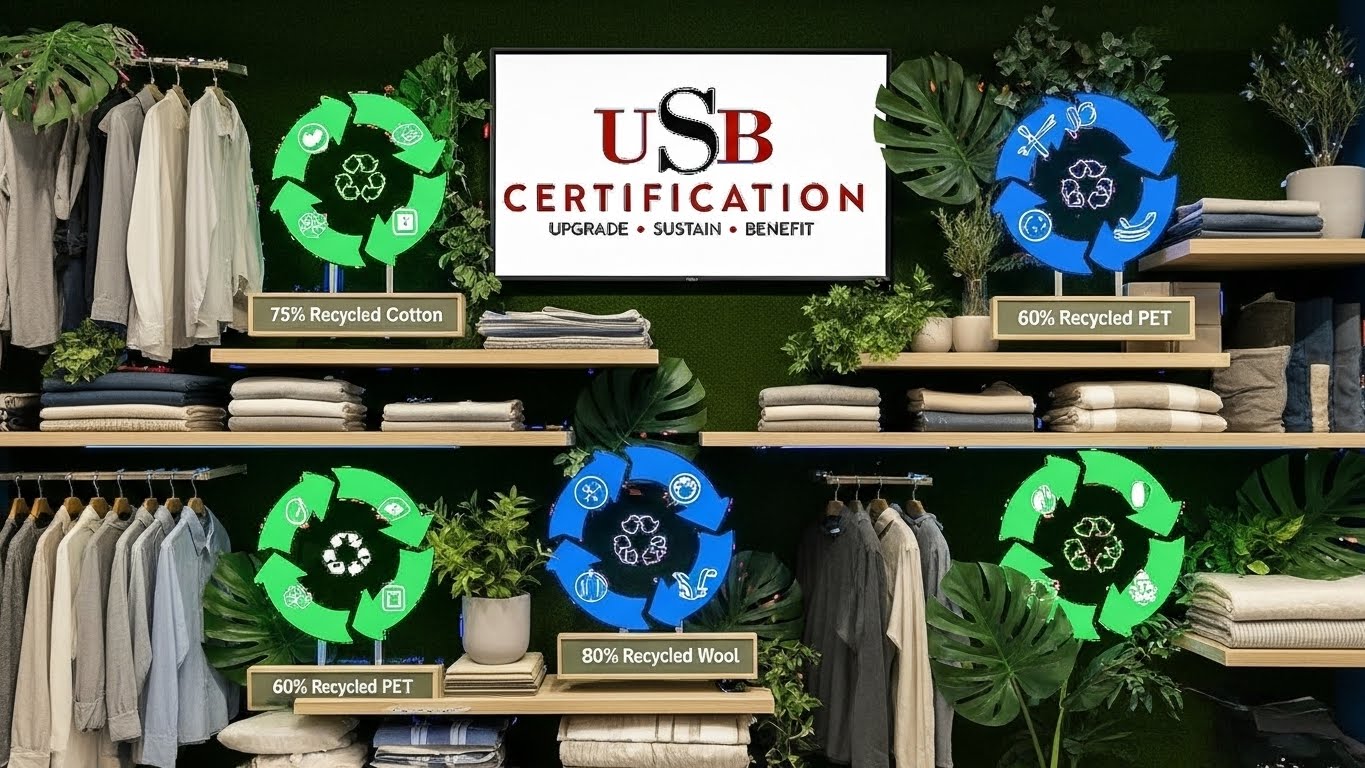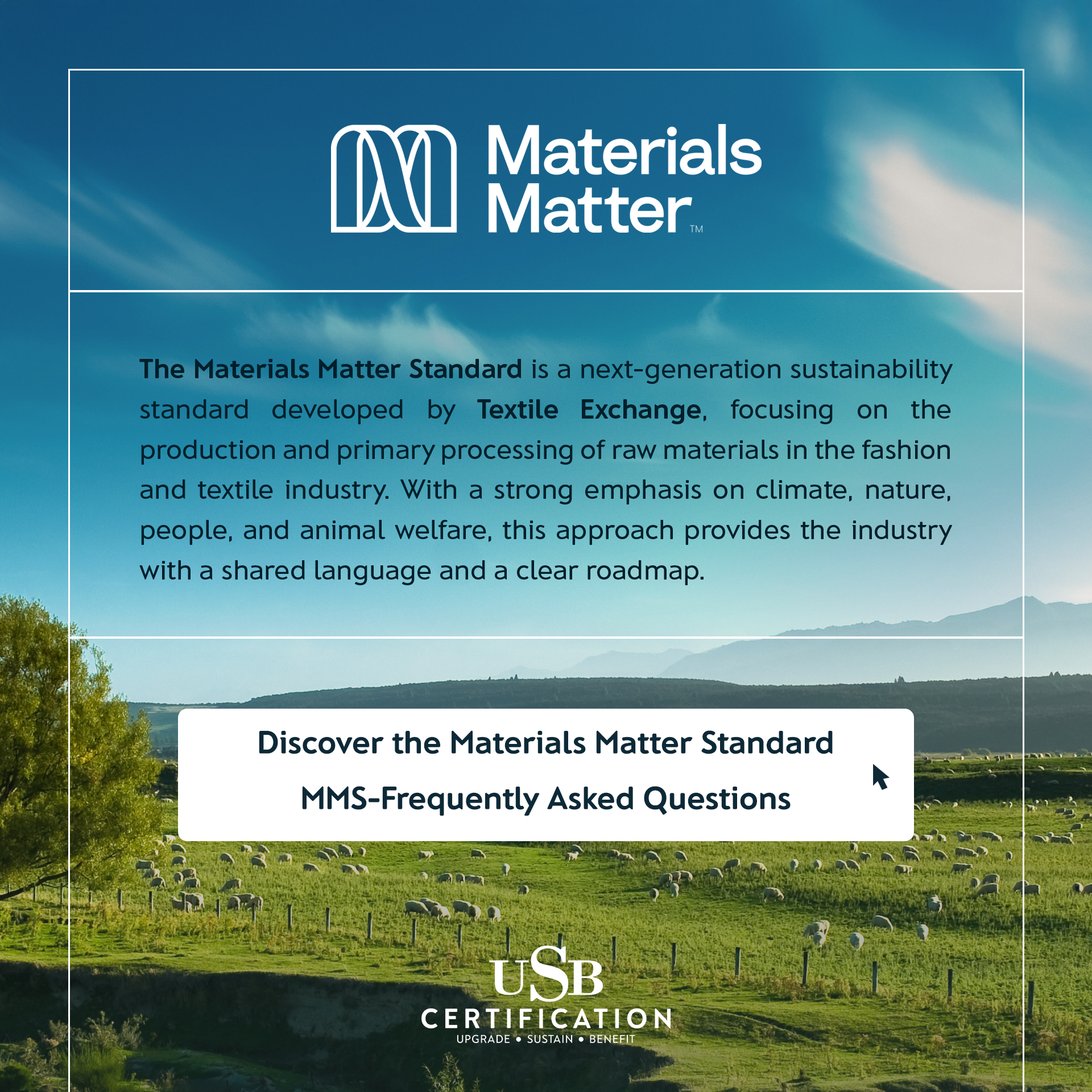The European Union has introduced a groundbreaking regulation aimed at curbing global deforestation, placing significant responsibilities on companies dealing with high-demand agricultural products. Regulation 2023/1115, which came into effect on June 29, 2023, is part of the EU’s broader climate strategy to combat deforestation and forest degradation, targeting commodities that contribute to environmental destruction. Over the past 30 years, deforestation for agricultural land use has removed 1.78 million square kilometers of forest—an area comparable to the size of Libya—driving biodiversity loss and contributing to 11% of global greenhouse gas emissions.
The new law requires that companies wishing to place products such as soy, beef, palm oil, wood, cocoa, and coffee, or their derivatives like chocolate, furniture, and leather, on the EU market must now prove that these items are not linked to deforestation or forest degradation. Compliance with the regulation demands a multi-step due diligence process to ensure the products’ sustainability and legal production.
New Responsibilities for Companies:
Under the EU Deforestation Regulation, companies must adhere to a rigorous five-phase process to demonstrate compliance:
- Information Collection:
Companies are required to gather detailed information on the products’ origins, including the name, production country, geographic coordinates, and harvest time. They must also provide evidence that the products are not linked to deforestation and comply with relevant local laws. This information must be stored for at least five years. - Risk Assessment:
Operators must evaluate the collected data to assess the risk of deforestation linked to their products. The European Commission will classify countries as high, standard, or low risk based on deforestation rates, agricultural expansion, and production trends. For high-risk countries, stricter assessments are mandatory. Low-risk countries are exempt from these risk assessments. - Risk Mitigation:
If a company identifies potential risks during the assessment, it must take steps to mitigate these risks before importing the products into the EU. This could include obtaining more precise data or ensuring more stringent checks in the supply chain. - Due Diligence Reporting:
The companies are required to complete a formal due diligence statement, certifying that their products meet all the necessary criteria. This statement must be submitted before the products are allowed into the EU market. - Traceability:
Companies must ensure full traceability throughout their supply chains, meaning that the origin and production processes of their products can be traced back to specific locations. This will enhance accountability and ensure compliance with the regulation.
Applications and Compliance:
While the regulation does not mandate specific certifications, companies are required to build robust systems for tracking their supply chains and ensuring compliance with EU regulations. The traceability requirement compels businesses to document every stage of production, ensuring that products are sourced from deforestation-free zones and produced in compliance with local laws.
Importing these products without fulfilling the required declaration process will be prohibited. Companies must also keep abreast of biennial reviews, as the scope of the regulation may expand to include additional products over time.
Key Points:
- Companies are responsible for conducting thorough due diligence, assessing risks, and ensuring supply chain traceability.
- Products must be verified as deforestation-free to enter the EU market, with stricter controls on products from high-risk regions.
- Non-compliance will block products from being imported into the EU starting in December 2024.
- Companies must ensure traceability across the entire supply chain, documenting sourcing and production processes.








